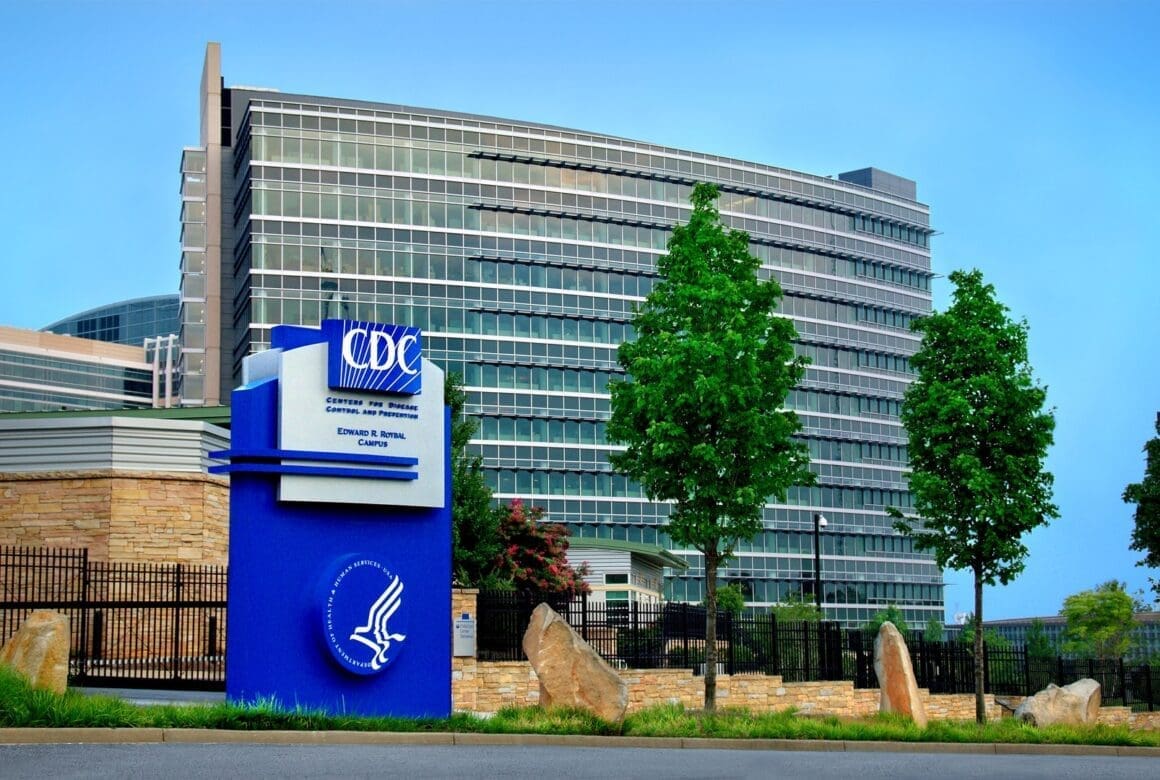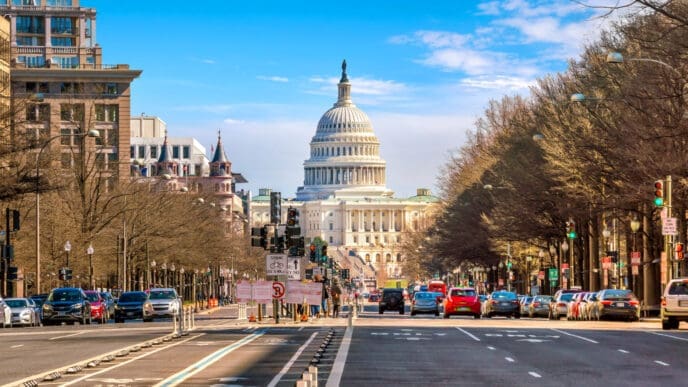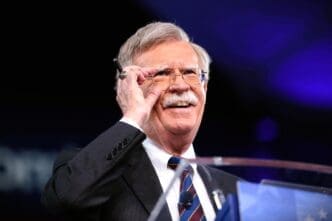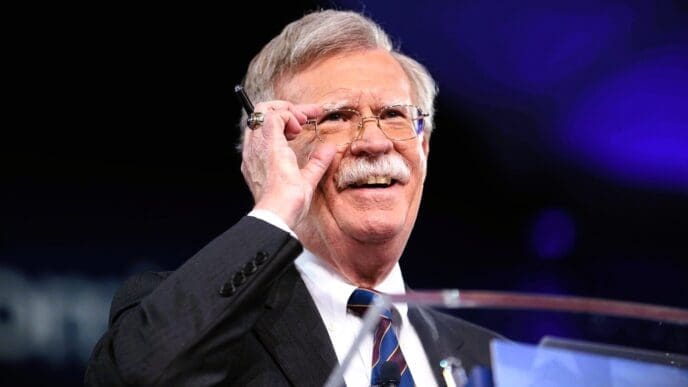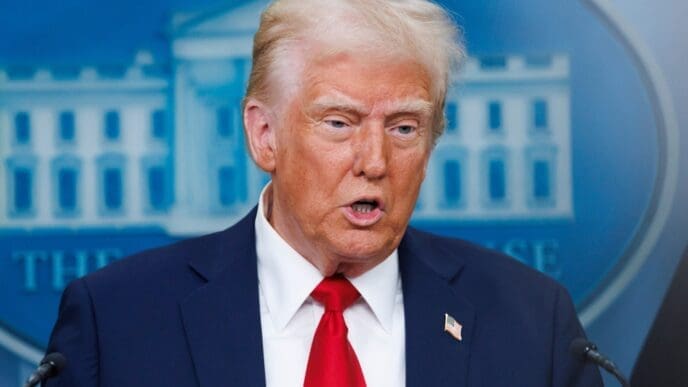Executive Summary
The Story So Far
Why This Matters
Who Thinks What?
The director of the US Centers for Disease Control and Prevention, Dr. Susan Monarez, was ousted on Wednesday, less than a month after being sworn in, deepening concerns about the politicization of America’s public health institutions under the Trump administration. Health and Human Services Secretary Robert F. Kennedy Jr., who has a history of vaccine skepticism, is central to the changes, which critics argue are destabilizing the historic role of government in public health and vaccine access. Several other top CDC officials also announced their resignations following the dismissal, further fueling anxieties among health experts.
Leadership Changes at the CDC
Dr. Monarez’s firing followed days of pressure from Secretary Kennedy’s deputy chief of staff, Stefanie Spear, according to sources familiar with the situation. Dr. Monarez reportedly clashed with Kennedy and his team over vaccine policies, including an impending announcement that could draw links between immunizations and autism.
Top health experts described the loss of senior staffers as “reckless” and a “disaster,” warning it could be ruinous to evidence-based public health policy. Dr. Robert Steinbrook, health research group director at Public Citizen, stated that the CDC is “being decapitated,” calling it “an absolute disaster for public health.”
Secretary Kennedy’s Public Health Agenda
Secretary Kennedy addressed the situation on Fox News, stating that the CDC’s priorities require changing due to a “deeply, deeply embedded malaise at the agency.” He added that “it may be that some people should not be working there anymore.”
The latest leadership changes follow an attack on the CDC headquarters earlier this month, which killed a police officer. This incident occurred amidst reports of mass layoffs by Secretary Kennedy’s Department of Health and Human Services, which observers say has already impacted agency morale.
Beyond the CDC, the Trump administration is pushing through vast changes to health guidance and policy, alongside significant cuts to federal health funding for elite research universities. There have also been massive reductions to US-funded health programs worldwide, including the demolition of the US Agency for International Development.
Shifting Vaccine Policies
News of Dr. Monarez’s departure broke after Secretary Kennedy announced changes that will narrow access to Covid-19 vaccines, limiting them primarily to adults 65 and older and younger people at higher risk. He celebrated the move on X, claiming that emergency use authorizations were used by the previous administration to justify “broad mandates.”
Secretary Kennedy also announced the government would terminate investments in 22 mRNA vaccine projects, asserting they “fail to protect effectively against upper respiratory infections like Covid and flu.” This decision comes despite the recognized role of such vaccines in preventing severe disease and their rapid development capabilities during emergencies.
Furthermore, Kennedy has fired the entire 17-member panel of outside vaccine experts on the CDC’s Advisory Committee on Immunization Practices, replacing them with his own selections, some of whom have previously expressed anti-vaccine views.
Debates Over Vaccine-Autism Link
A key point of contention for Dr. Monarez was an impending announcement that could link immunizations and autism. During a Cabinet meeting, Secretary Kennedy mentioned “certain interventions now that are clearly, almost certainly causing autism,” with President Trump agreeing that “there has to be something artificially causing this, meaning a drug or something.”
The CDC has previously published several studies investigating a possible link between vaccines and autism, none of which found evidence to suggest that vaccines increase the risk of autism or other neurodevelopmental disorders. During her confirmation hearing, Dr. Monarez stated she saw no “causal” link between vaccines and autism.
Political Context and Implications
Secretary Kennedy’s nomination as Health and Human Services secretary is largely attributed to the synergy between his past vaccine skepticism and the distrust of public health agencies prevalent among President Trump’s conservative base, which intensified during the Covid-19 pandemic. President Trump, while praising his first-term Operation Warp Speed, has also been cautious about highlighting vaccines due to skepticism within the Republican Party’s base.
Dr. Monarez’s lawyers stated that she “refused to rubber-stamp unscientific, reckless directives and fire dedicated health experts,” choosing “protecting the public over serving a political agenda.” The White House responded by explicitly terminating her, with spokesperson Kush Desai stating she was “not aligned with the President’s agenda of Making America Healthy Again” and refused to resign.
During her confirmation hearing, senators from both sides of the aisle expressed hopes that Dr. Monarez would serve as a constraint on Secretary Kennedy, who once described Covid-19 inoculations as “the deadliest vaccine ever made.” Some senators extracted promises from Monarez to follow scientific evidence.
Outlook for Public Health
Critics express anxiety that vital public health decisions are now being overly influenced by political goals. Dr. Tina Tan, president of the Infectious Diseases Society of America, warned that politically motivated attacks on the public health system “present a clear and present danger to Americans.”
Secretary Kennedy’s tenure is already precipitating transformations in top health agencies that some observers believe would take years to reverse. With Dr. Monarez’s departure, Secretary Kennedy’s influence over the government’s public health infrastructure is perceived by some as further solidified, potentially impacting the treatment and healthcare options for millions of Americans.

